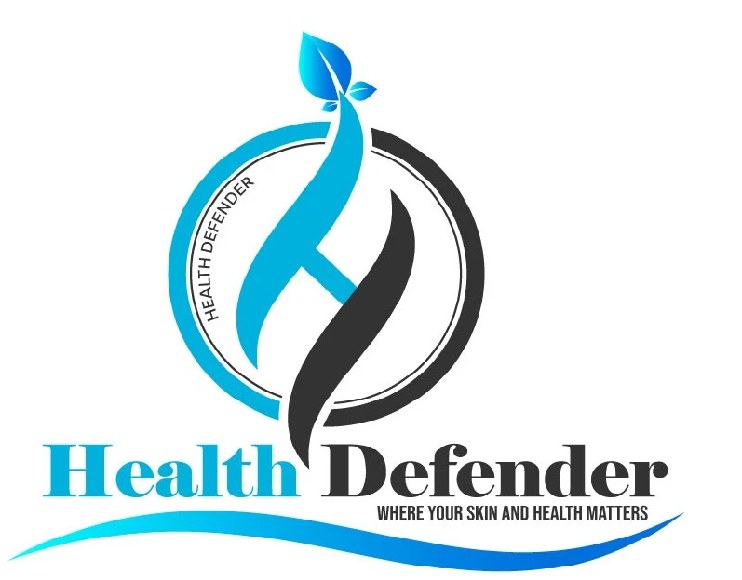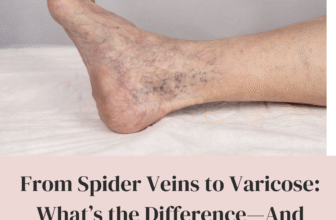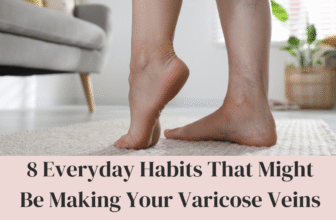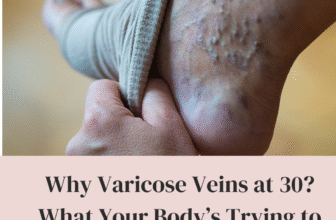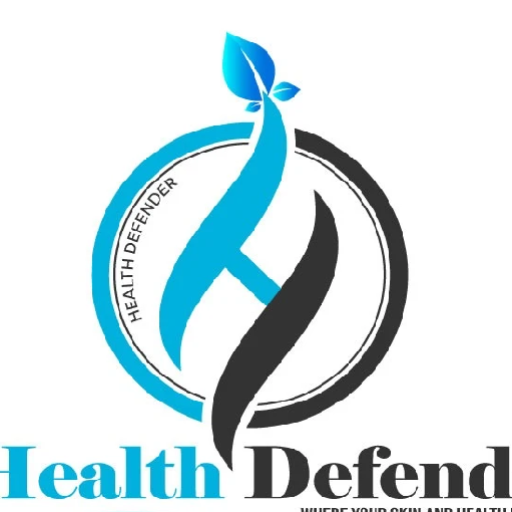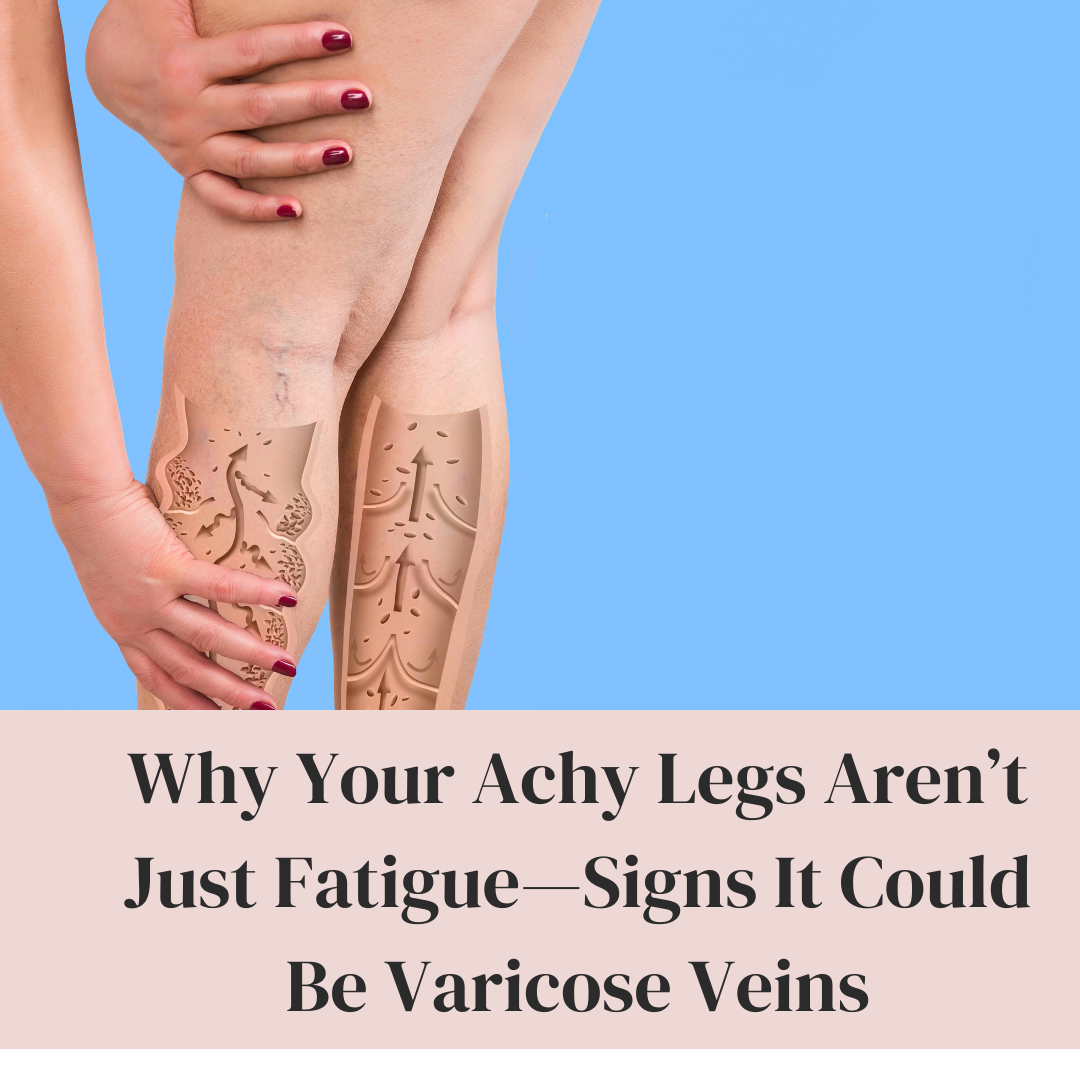
You tell yourself it’s just tiredness—a long day. Too much standing. Maybe it’s age. Maybe it’s just the shoes.
But what if it’s not?
What if those dull aches, that heavy feeling in your legs, or that subtle throb that creeps in at the end of the day, isn’t just normal wear and tear? What if it’s your body waving a red flag you’ve been brushing off for far too long?
You’re not lazy. You’re not weak. You’re not imagining things.
And you’re definitely not alone.
“I thought it was just from being on my feet all day…”
But that quiet doubt? That internal back-and-forth of “probably I’m overthinking this…” or “Do others feel this way too?” and you can’t count how many times you’ve googled it. You’ve probably compared your legs to someone else’s. And deep down, there’s that nagging feeling that something’s just not right.
You’re tired of feeling uncomfortable. But even more? You’re tired of not knowing.
A Must Read: Always Tired? It Might be a Vitamin D Deficiency
Let’s break this down.
Fatigue vs. Varicose Veins: What’s the Difference?
Sure, we all get tired legs now and then. But varicose veins hit different.
Here’s how your body might be trying to talk to you:
- Heavy, achy legs—especially at night or after sitting/standing for a while
- Swelling around your ankles
- Itching or burning sensations around your veins
- Twisted, bulging, rope-like veins that are visible under the skin
- Restlessness or cramping in your legs at bedtime
It’s not just about how your legs look—it’s about how they feel.
And if that discomfort keeps showing up like clockwork? That’s your cue.
But Wait—Why Me?
Great question. And no, you didn’t do anything “wrong.”
Varicose veins aren’t about vanity. They’re about circulation.
Ans: when those tiny valves inside your veins weaken, blood pools instead of flowing smoothly back to your heart. That backup causes the vein to stretch, twist, and push up against the skin.
What makes this more likely?
- Genetics (yes, thanks grandma)
- Standing or sitting for long periods
- Hormonal shifts (hello, pregnancy or menopause)
- Weight gain
- Aging (sigh)
- And even… tight clothing
So if you’ve been checking every box and still feeling frustrated? You’re not broken. You’re human.
You May Also Like: Why Your Workouts Might Be Making Your PCOS Worse—And What to Do Instead
The Emotional Toll Nobody Talks About
Let’s be real. Varicose veins don’t just mess with your comfort—they can mess with your confidence, too.
You avoid shorts. You hesitate to book that beach trip.
You second-guess yourself at the gym.
And it’s not vanity—it’s vulnerability.
That mix of discomfort, uncertainty, and self-consciousness? It’s exhausting.
But here’s the truth: You’re not stuck with it.
When to Take It Seriously (Hint: Now’s a Good Time)
You don’t have to wait until things get “bad enough.”
You don’t need exploding veins or scary symptoms to justify looking into it.
If it’s affecting your life—even just a little—it matters.
And if you’ve noticed things like:
- Skin discoloration near your ankles
- Persistent swelling
- Open sores that heal slowly
- A feeling of tightness or heat in your lower legs
That’s not just discomfort. That’s your body waving a bigger red flag.
So… What Can You Actually Do?
Here’s the good news: You’ve got options. Real ones.
- Compression stockings – Not glamorous, but wildly effective. They help blood flow back up where it belongs.
- Move often – Walking improves circulation. Even short breaks make a difference.
- Stay hydrated – Yep, water helps your blood flow better. Simple, but powerful.
- Take cruciferous vegetables- brocolli, cabbage, kale, and cauliflower
- Maintain a healthy weight – Less pressure on your veins = happier legs.
- Talk to a specialist – Vein screenings are quick, painless, and more helpful than guessing on Google for the 100th time.
And if needed, there are non-invasive procedures like laser therapy or sclerotherapy that can actually fix the problem, not just mask it.
You Deserve Relief—Not More Guessing
You’ve put this off long enough. You have endured the throbbing, withstood the discomfort, and brushed off the way your legs feel at night.
But the truth is: relief is possible and real. And you don’t have to do it alone.
Maybe today is the day you stop calling it “just fatigue.”
Maybe it’s not “just aging” or “just another long day.”
Maybe it’s time to trust that feeling in your gut—and listen to what your legs have been trying to say.
Because when your body speaks up, it’s not trying to scare you.
It’s asking you to care. And when you listen, your body starts to work in harmony, not against you.
